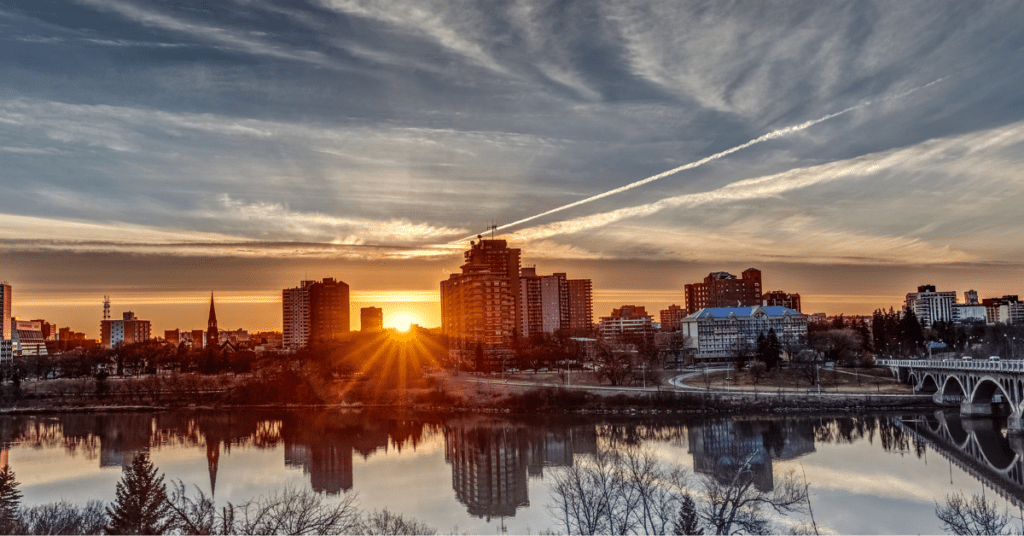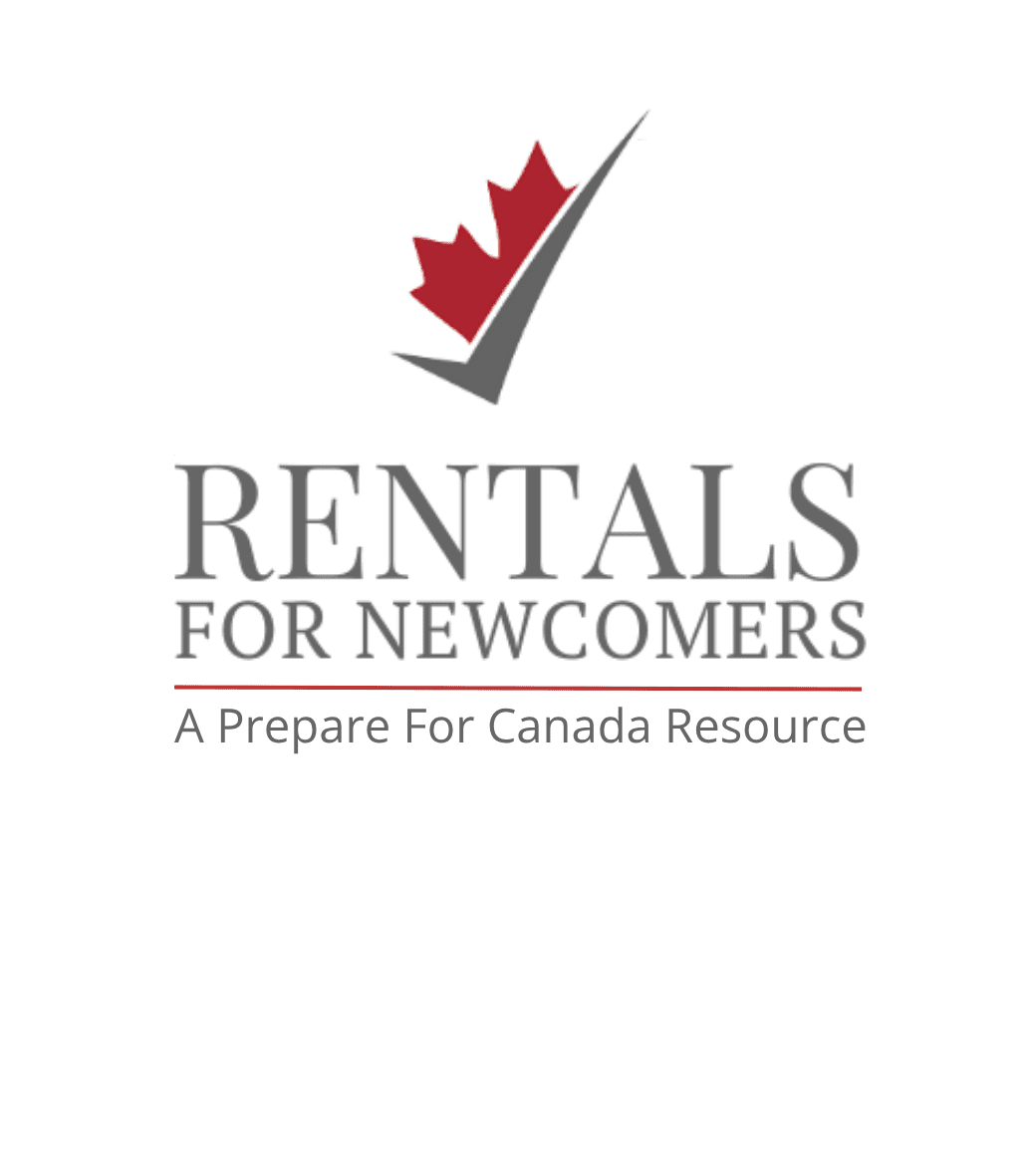Living
Accommodation in Canada involves more than just finding a place to live. It includes understanding healthcare, utilities, driving regulations, and child care services that will impact your daily life.
Proper planning ensures that your living situation aligns with your lifestyle, budget, and expectations. Being informed about these aspects before arriving in Canada can significantly ease your transition, helping you make better decisions and avoid common challenges.
Frequently Asked Questions about Living in Canada
While some landlords may check your Canadian credit history, it’s not always required, especially for newcomers. Be prepared to provide: Proof of income or employment References from previous landlords A larger security deposit, if necessary If you don’t have a credit history yet, explaining your situation and offering additional guarantees can help. Learn More: Preparing to Rent in Canada Checklist
Home sharing involves renting out a room or part of a house where you share common areas like the kitchen and living room with other tenants or the homeowner. It’s a more affordable option for newcomers, especially in larger cities where rent can be higher. Platforms like Sparrow offer safe and verified home-sharing opportunities. Learn More: How to Budget for Living Expenses in Canada
The cost of rent varies significantly based on the city or province, size of the accommodation, and whether it’s furnished. As a rough guide: Toronto: Average monthly rent for a 1-bedroom apartment is around $2,300 CAD. Vancouver: Similar prices to Toronto, with 1-bedroom rentals averaging $2,500 CAD. Calgary/Winnipeg: Generally lower, with monthly rents starting at $1,200 CAD. Keep in mind that in addition to rent, you’ll need to budget for utilities such as electricity, water, and internet. Learn More: How to Budget for Living Expenses in Canada
Canada offers a variety of housing options to fit different needs and budgets, including: Apartments (rental and condo-style) Detached homes Townhouses Basement suites Shared housing The availability of these options may depend on the city or province you’re moving to. Cities like Toronto and Vancouver may have higher demand and prices compared to smaller towns. Learn More: Types of Rental Housing in Canada
Living Key Terms
A real estate agent is a licensed professional who assists clients in buying, selling, or renting properties. In Canada, real estate agents are knowledgeable about the local housing market and offer services such as conducting property tours, negotiating contracts, and providing advice on property value and market conditions. For newcomers, working with a real estate agent can simplify the home-buying or renting process, as they often have access to listings and resources that aren’t available to the general public. Agents are typically compensated through commissions from sales or rental agreements.
Permanent rental accommodation refers to a long-term housing arrangement where a tenant leases a property (such as an apartment, townhouse, or house) for an extended period, typically a year or more. These accommodations are governed by rental agreements or leases, which outline the rights and responsibilities of both the tenant and the landlord. Unlike short-term rentals, these accommodations are intended for individuals or families looking for stable housing and often involve unfurnished properties. Tenants are typically required to pay rent monthly, along with any utilities not included in the rent. The tenant’s rights are protected under provincial or territorial laws, which may vary across Canada.
Short-term rental accommodation refers to a housing arrangement where a property or a portion of a property (such as an apartment, house, or room) is rented for a brief period, typically ranging from a few days to a few months. These types of rentals are commonly used by travelers, temporary workers, or people between long-term housing situations.

Living
What to Know About Living in Barrie, Ontario

Living
Living in Prince George, BC: Everything You Need to Know

Living
Living in Saskatoon, Saskatchewan: Everything You Need to Know

Living
Living in Thunder Bay, Ontario: Everything You Need to Know

Living
Living in Burlington, Ontario: Everything You Need to Know

Living
Living in St. Catharines, Ontario: Everything You Need to Know

Living
Living in Sudbury, Ontario: Everything You Need to Know

Living
Living in Oshawa, Ontario: Everything You Need to Know

Living
Living in Delta, BC: Everything You Need to Know

Living
Living in Lethbridge, Alberta: Everything You Need to Know

Living
Living in Kitchener-Waterloo, Ontario: Everything You Need to Know

Living
Best London, Ontario Neighbourhoods For Renting












